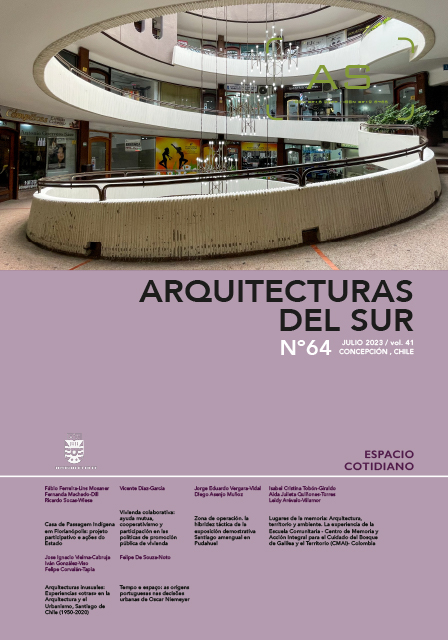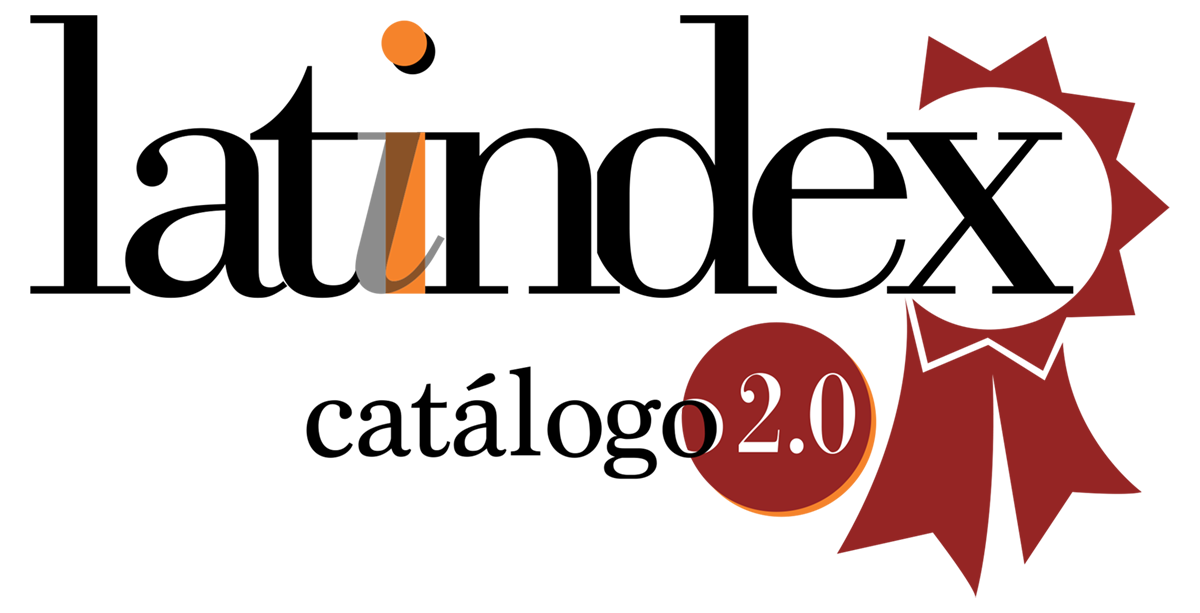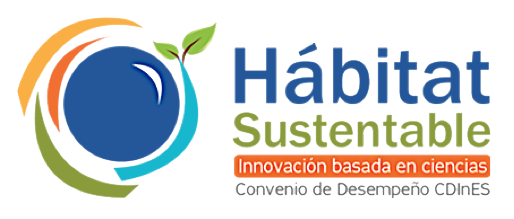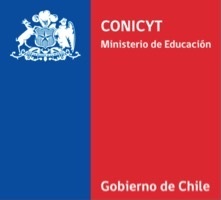Indigenous Temporary Accommodation in Florianopolis: Participatory Project and State Actions
DOI:
https://doi.org/10.22320/07196466.2023.41.064.01Keywords:
architectural design, participatory project, indigenous culture, urban indigenous people, right to the cityAbstract
This article presents the design process adopted for the design of Indigenous Temporary Accommodation in Florianopolis - Santa Catarina - Brazil, focusing on design strategies and changes in the proposal, considering State actions and the participation of the indigenous community. These proposals were developed through an outreach project at the Federal University of Santa Catarina, addressing the importance of indigenous presence in the city, the constant struggle of indigenous people for physical and symbolic spaces in contemporary society, and the social role of architects and urban planners within these challenges. A participatory project process is adopted as a methodological strategy, which comprises theoretical and documentary research stages, joint actions with the indigenous community, interactions with the State, preparation of guidelines, and architectural proposals. As a result, the architectural proposals developed based on community demands are presented, as well as the changes from the different strategies built using State actions to handle the issue. It is believed that when considering the different actors involved in the design process, possibilities broaden both to enable the execution of key public facilities in the city and to make these meet the wants and needs of the communities involved.
Downloads
References
BERGAMASCHI, M., DOEBBER, M., & BRITO, P. (2018). Estudantes indígenas em universidades brasileiras: um estudo das políticas de acesso e permanência. Revista Brasileira de Estudos Pedagógicos, 99(251), 37-53. DOI: https://doi.org/10.24109/2176-6681.rbep.99i251.3337
FLORIANÓPOLIS. Lei complementar Nº 060/2000, de 28 de agosto de 2000. Código de Obras Florianópolis. Florianópolis: Prefeitura Municipal, 2000.
FREIRE, P. (1994). Extensão ou comunicação?. Editora Paz e Terra.
FUNAI. Fundación Nacional del Indio, Brasilia. (2018). Cartilha: A presença indígena em Florianópolis. Ministério da Justiça, Rapoport, Amos. Aspectos humanos de la forma urbana: hacia una confrontación de las ciencias sociales con el diseño de la forma urbana. 1978.
IBGE. (2010). Características Gerais dos Indígenas: Resultados do Universo. Rio de Janeiro: Ministério do Planejamento, Orçamento e Gestão.
RAPOPORT, A. (1971). Hechos y Modelos. In: G. Broadbent, Metodología del diseño arquitectónico (p. 297-323). Barcelona: Editorial Gustavo Gili.
SANTOS, R. G., LODDI, L. B., & ZANIN, N. Z. (2017). Sobre lugares, práticas, corporeidades, dominação e parceria: a experiência gentrificadora e seus atravessamentos na cidade contemporânea. Revista Interdisciplinar, 4(5), 112-141. Recuperado de: https://periodicos.ufmg.br/index.php/indisciplinar/article/view/33425
UNWIN, S. A. (2013). Análise da arquitetura. Tradução técnica: Alexandre Salvaterra. Porto Alegre: Bookman.
Downloads
Published
How to Cite
Issue
Section
License
Copyright (c) 2023 Fábio Ferreira-Lins Mosaner, Fernanda Machado-Dill, Ricardo Socas-Wiese

This work is licensed under a Creative Commons Attribution-ShareAlike 4.0 International License.
The content of the articles published in each issue of Arquitecturas del Sur is the sole responsibility of the authors and does not necessarily represent the opinion of University of the Bío-Bío.
The authors will maintain their copyright; however, they will guarantee the journal the right to first publication and dissemination of their work. The publication of the article in Arquitecturas del Sur will be subject to the Creative Commons International license (CC BY-SA) that allows others to adapt: remix, transform and build on the material for any purpose, even commercially; share: copy and redistribute the material in any medium or format, as long as the authorship and first publication in this journal are acknowledged by citing them correctly, and their new contributions are under a license with the same terms.














 Programa de Información Científica/Concurso Fondos de Publicación de Revistas Científicas 2018/ Proyecto Mejoramiento de Visibilidad de Revistas UBB (Código:FP180007)
Programa de Información Científica/Concurso Fondos de Publicación de Revistas Científicas 2018/ Proyecto Mejoramiento de Visibilidad de Revistas UBB (Código:FP180007) 
